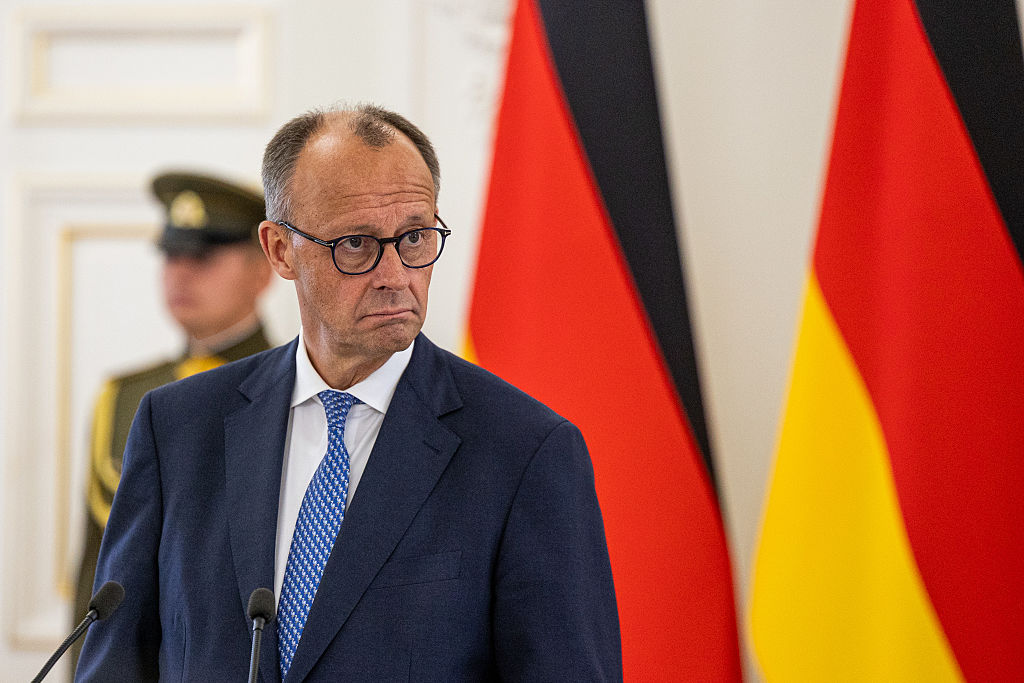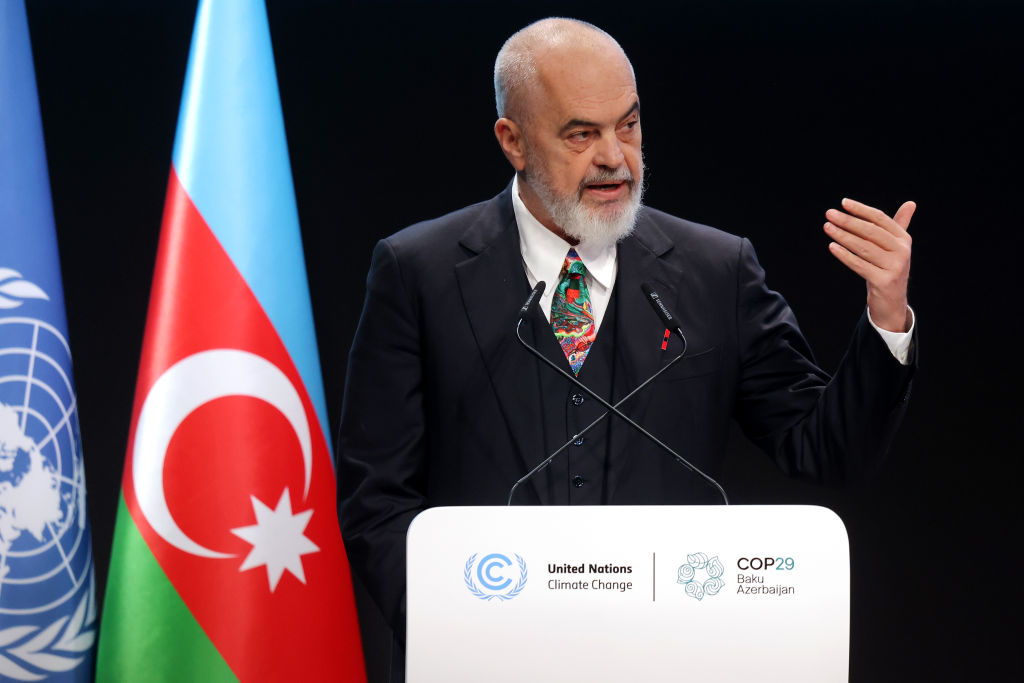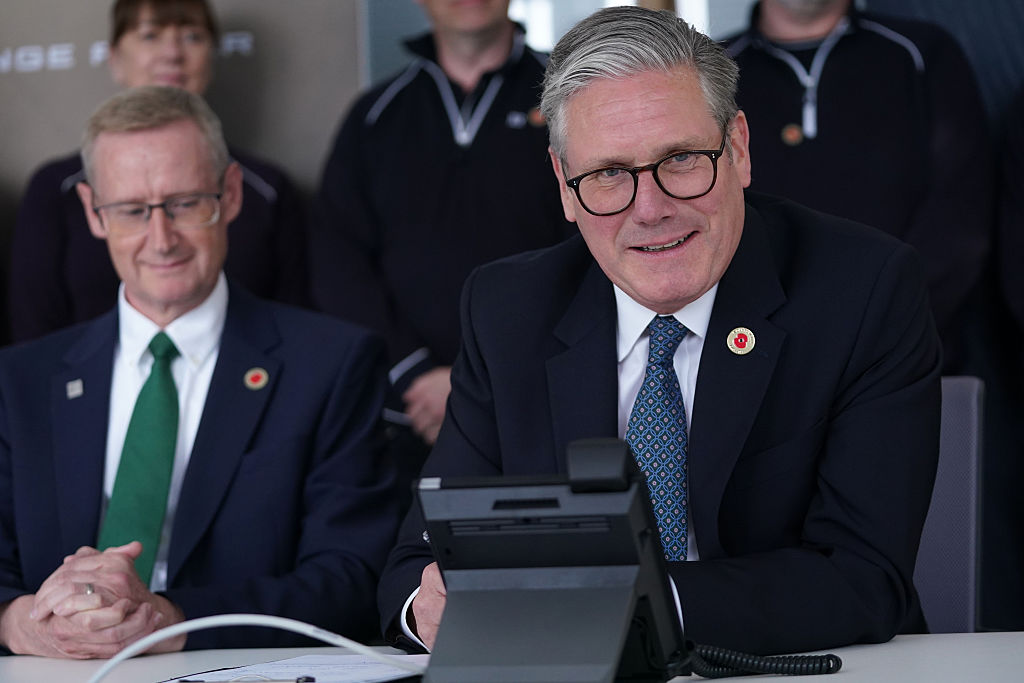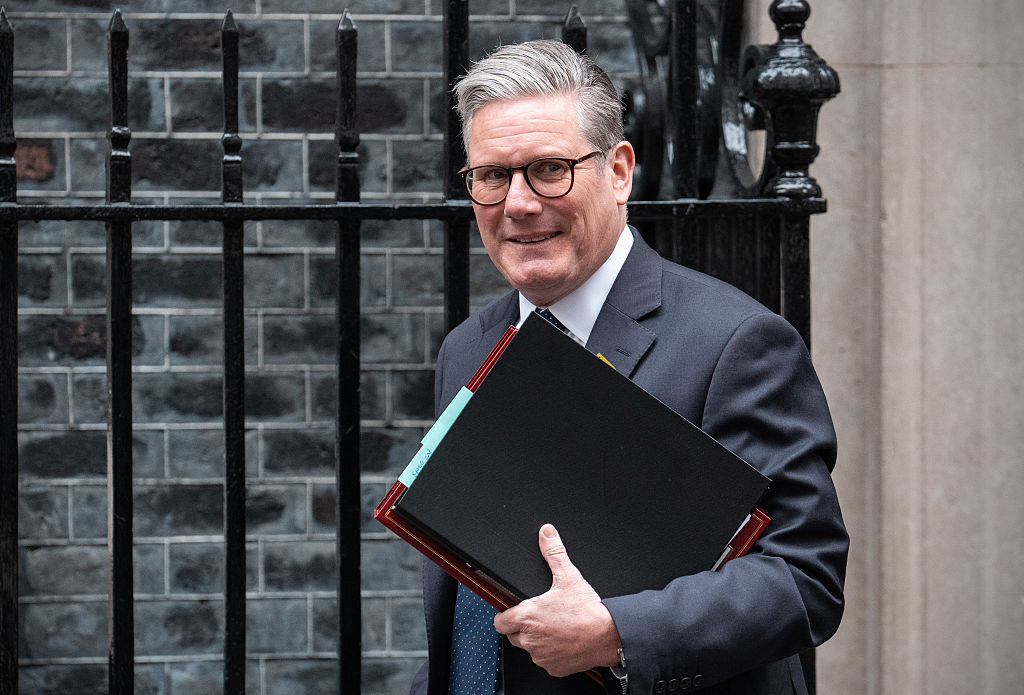The European Union and Britain sealed an agreement on the status of the territory of Gibraltar, in what was billed as a “historic” breakthrough five years after Brexit.
The deal on June 11 will ease the flow of people and goods over the Gibraltar-Spain border and marks a new step in the much-vaunted “reset” of ties with Brussels under UK Prime Minister Keir Starmer.
When Britain left the EU in 2020, the relationship between Gibraltar – historically an important military base for the UK due to its position at the mouth of the Mediterranean Sea – and the bloc remained unresolved.
Talks between London, Madrid, Brussels and Gibraltar on a deal had made halting progress during several rounds of negotiations under the UK’s previous Conservative government but Labour’s return to power last summer gave new impetus.
European Commissioner for trade Maroš Šefčovič announced the deal at a joint news conference with Spanish foreign minister José Manuel Albares, calling it “a truly historic milestone for the European Union, including Spain, as well as for the United Kingdom and Gibraltar”.
“This agreement benefits everyone and will bring legal certainty and confidence to the people and businesses across the region,” he said, following Brussels talks that were also attended by UK foreign secretary David Lammy and Gibraltar’s Chief Minister Fabian Picardo.
Around 15,000 people – more than half of Gibraltar’s workforce, according to London – cross the land border between Spain and Gibraltar every day.
In a statement, the four parties said the agreement would create a fluid border between Gibraltar and Spain, with no physical barriers or checks between the territory and the border town of La Linea.
People arriving by air or sea would undergo dual border checks at Gibraltar port and airport, to be carried out by Gibraltar and Spanish officials.
“Spanish officials will be responsible for ensuring the integrity of the Schengen Area,” said a UK Government statement, which likened the arrangement to the system at London’s St Pancras station, where French police carry out border checks for passengers bound for the EU.
“Immigration and law and order in Gibraltar will remain the exclusive responsibility of Gibraltar’s authorities,” stressed the statement from Britain’s foreign office.
Šefčovič said the deal “reinforces a new chapter” in the EU-UK relationship, declaring himself “absolutely convinced” it would be ratified by the parties.
Both London and Madrid – which have disputed control of tiny Gibraltar since it was ceded to Britain in the 1713 Treaty of Utrecht – declared themselves satisfied with the agreement.
“Today’s breakthrough delivers a practical solution after years of uncertainty,” Lammy said.
The agreement “protects British sovereignty, supports Gibraltar’s economy and allows businesses to plan for the long-term once again”, he added.
Spanish Prime Minister Pedro Sánchez called it a “great day for the Campo de Gibraltar”.
“After three centuries without progress, the EU, the United Kingdom and Spain have reached a global agreement in favour of the citizens and our bilateral relationship with the United Kingdom,” he wrote on X.
Picardo, meanwhile, said he was “delighted” by an agreement that would bring “legal certainty to the people of Gibraltar, its businesses and to those across the region who rely on stability at the frontier”.
The deal, he said, “will protect future generations of British Gibraltarians and does not in any way affect our British sovereignty”.





